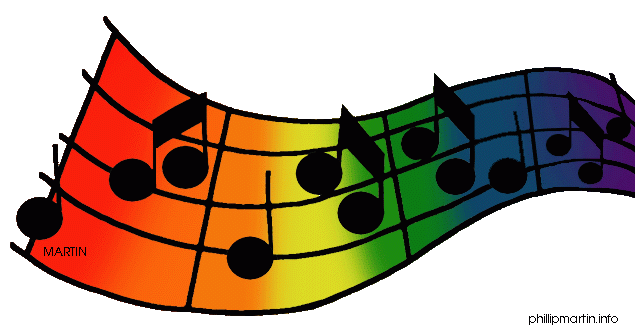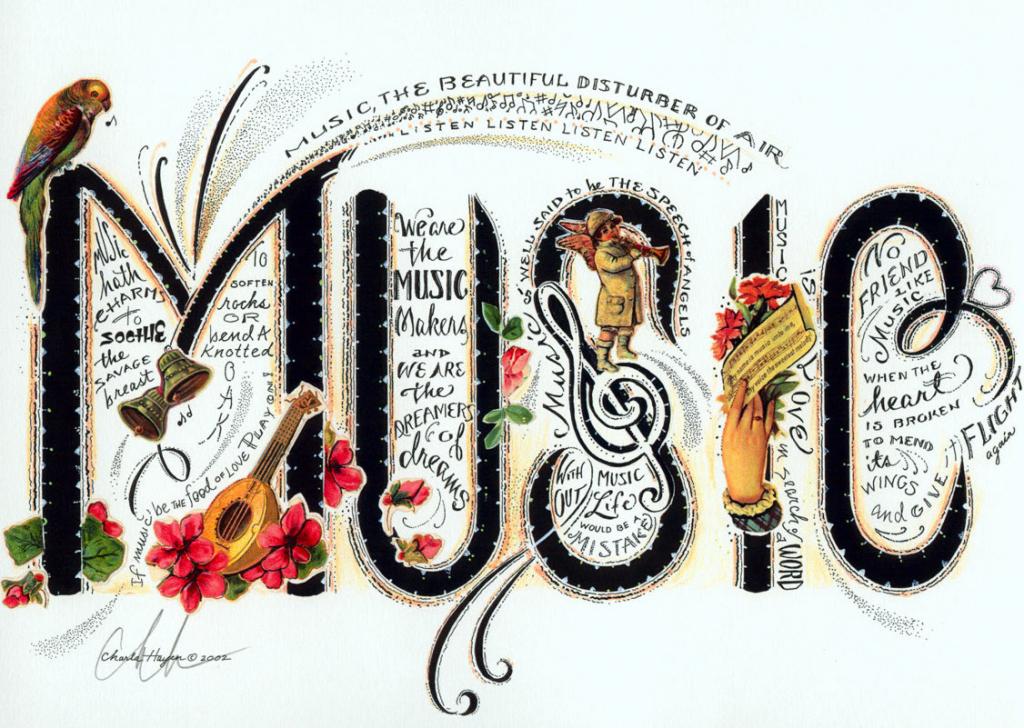
Managing Common Problems
- Keeping a diary - It may be helpful for a little while to keep a diary detailing how you have experienced stress or anxiety, at what times of day, is it every day, and what if anything made things better or worse. This will not only help you to recognise the triggers for your stress or anxiety and potential ways to reduce them, but it will also give you the opportunity to express your thoughts and feelings privately if you feel unable to talk to anyone else.

- Relaxation techniques - Some people find that taking time out each day for certain relaxation techniques helps to reduce their stress and anxiety. It is vital to plan these times into your daily schedule so that they are given just as much importance as everything else you have to do! Which technique/s work for you is very personal, but some that many people use are:

- Reading
- Exercising
- Taking a bath
- Listening to music
- Talking to friends / family / teachers / colleagues
- Diet & Smoking/Drinking habits - We all know that a healthy diet, and reducing smoking/drinking will benefit our physical health, however, it can also benefit our mental health:
- Diet - Cutting out or reducing your intake of foods which contain caffeine has been shown to significantly improve symptoms of stress and anxiety. Foods which contain caffeine are: tea, coffee, chocolate, some soft drinks, energy drinks, and some others, so check the labels!
- Smoking - It is a common myth that having a cigarette will help you to feel calmer, however, the truth is actually the opposite. Nicotine, which is the drug in tobacco, actually increases your heart-rate and increases the levels of stress hormones in your body. So, while a cigarette may help you to feel calmer on the surface in the short term, smoking tobacco will make the overall symptoms of stress and anxiety much worse.
- Alcohol - Alcohol is another drug, similar to nicotine, which people often use to calm down, however, drinking alcohol can again make the symptoms of stress an anxiety worse. It is also possible to become dependent on alcohol, which has devastating consequences for both your mental and physical wellbeing. See the section Alcohol & Drugs for more information on this.

- Exercise - When we exercise our bodies release chemicals called 'endorphins' which are 'happy chemicals'. They affect our mood, making us feel happier and more relaxed. There has been a lot of research into the affects of exercise on mental health and this has shown that exercise is as effective (if not more effective!) in treating common mental problems as Psychological therapies.
- Talking to friends / family / your GP / or someone from your school / college / University / place of work. See Asking for Help for more information.

